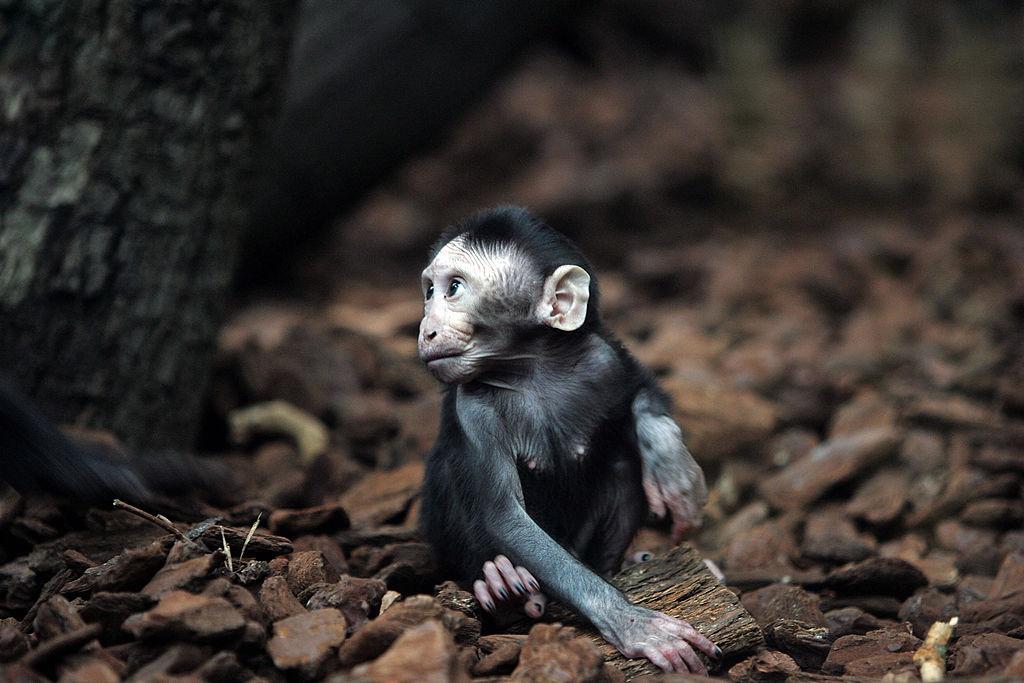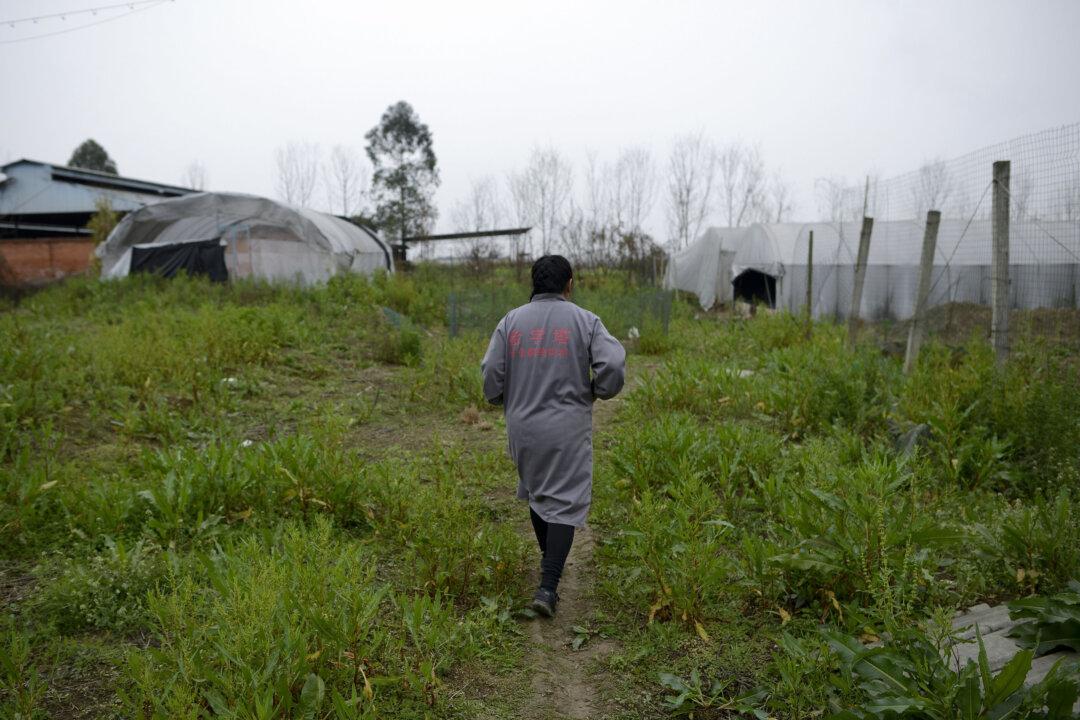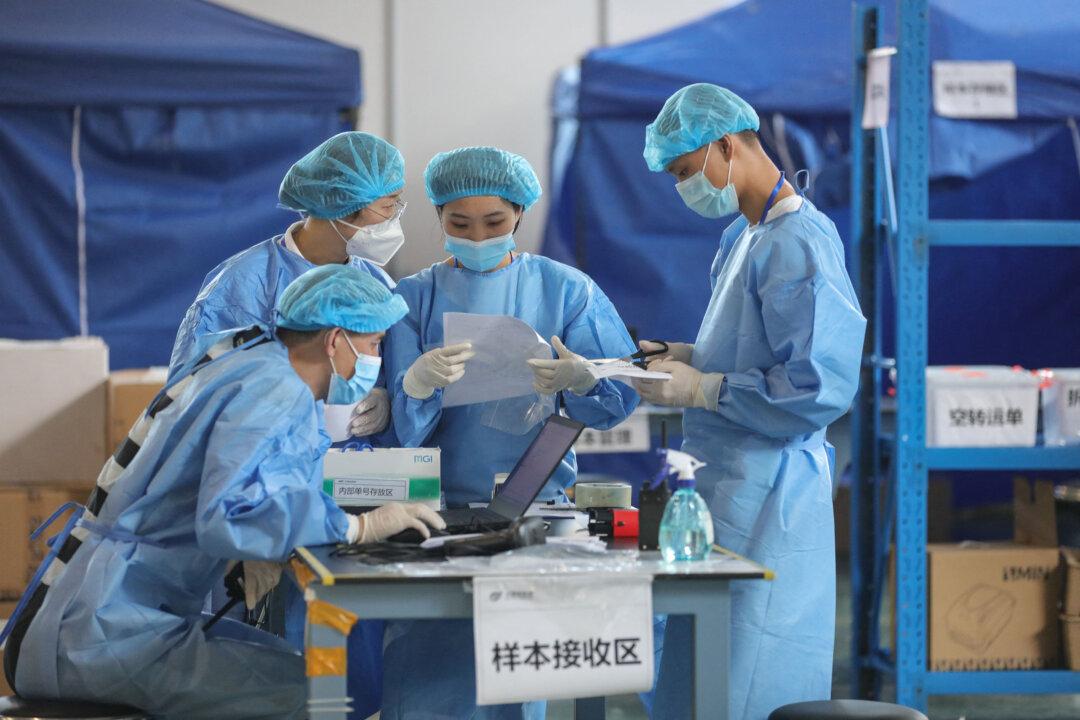One may think of a baby representing new life and possibilities. These five baby macaque monkeys, however, will almost certainly experience anxiety, depression, and schizophrenia in their lifetimes, as a result of gene modification—another one of China’s scientific experiments that raises ethical questions on cloning.
Scientists at the Chinese Academy of Sciences in Shanghai have not only cloned five macaque monkeys, but also have modified the monkey’s genes to give them a sleep disorder called circadian disruption, according to a press release from the Science China Press on Jan. 23.





